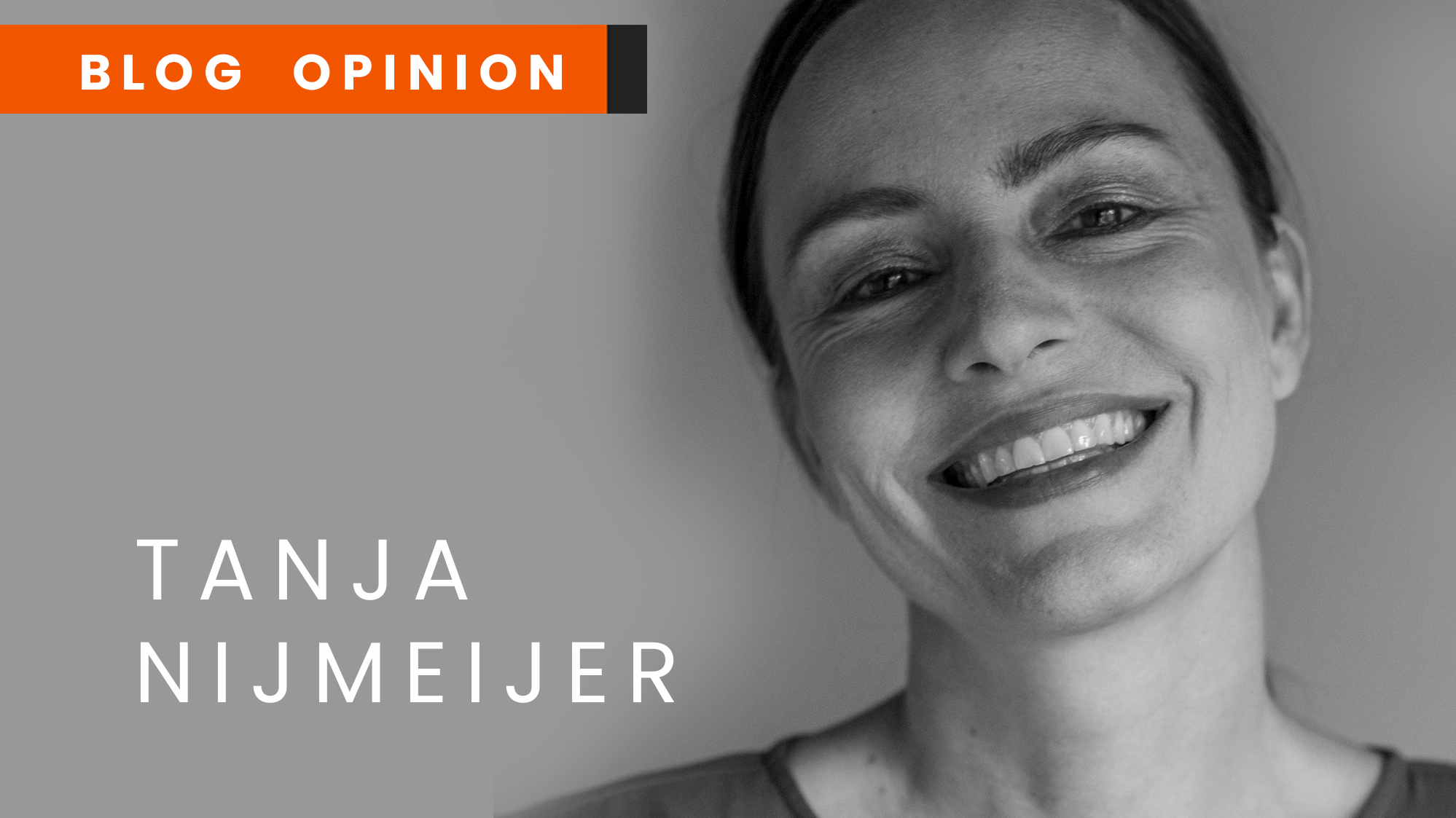A few days ago, I was participating in a panel about reconciliation at a local university here in Cali. The participants were people from quite different circles of society: two businessmen, an indigenous man, an Afro-Colombian and me, an ex-combatant of the FARC. The main question was: How do we start to have a dialogue after so many years of direct, structural, and symbolic violence in order to resolve our conflicts?
One of the people sitting in the audience (I hadn’t recognized him at first glance) was an ex-negotiator of the government team during the peace talks in Havana. When the conversation was almost coming to an end, he stood up and requested the floor. He said he was happy to see me sitting there at the panel. He talked about the enormous disappointment and embarrassment he felt when visiting some of the 26 zones where we were living for disarmament and reintegration at the time, aware of the fact that the government simply didn’t comply with its part, while the FARC did.
To me, this recognition by a government negotiator of the fact that compliance by the government has been far from fulfilled was surprising and comforting at the same time.
There are roughly two strategies among NGOs, peace observatories and social democrats when it comes to assessing compliance with the peace agreements signed almost 7 years ago: the first one is to take the category “compliances” without mentioning specific actors. That way, FARC’s compliance (for example 100% compliance with decommissioning of weapons) just adds up to the third point of the Agreement, End of Conflict. Which also includes a chapter on the dismantling of paramilitary structures that hasn’t been implemented at all. But who cares? “Compliance with the third point is 59%! Applauses for the government, please.”
The second strategy is pretending that it was only the Duque government who didn’t comply, forgetting for convenience about the transition zones (ETCR) without houses, people living in the mud, no education programs, the lack of lands, the slow response to almost everything, the killings of ex-fighters, all during the Santos administration until 2018. Then, of course, incompliance got worse with Duque, who changed parts of the agreement and omitted others, while managing to maintain a pro-peace façade on international scenarios. But still, Santos wasn’t exactly intending to implement the peace accords as they were agreed and that is something most people tend or pretend to forget. All because he’s a goddamn peace Nobel prize winner!
That’s why, for me, it was heartwarming to hear a government negotiator recognizing exactly what most people fail to recognize – in a completely transparent, selfless and public exercise of self-criticism: most ex-FARC members complied.
